Expert Auto Transmission Services: Keep Your Vehicle Running Smoothly
Your vehicle’s transmission is a vital component that ensures smooth and efficient operation on the road. When your transmission begins to show signs of wear, addressing the issue promptly can prevent costly repairs in the future. Auto transmission services are key to maintaining a healthy transmission system. In this post, we’ll explore common transmission issues, the importance of timely repairs, and how auto transmission services can extend the life of your vehicle.
 Why Auto Transmission Services Matter
Why Auto Transmission Services Matter
The transmission plays a crucial role in transferring power from the engine to the wheels, ensuring smooth shifting and overall vehicle performance. Auto transmission services are a crucial part of comprehensive auto repair, addressing both automatic and manual transmissions. Over time, transmissions can wear down due to various factors like heat, stress, and contamination. Regular maintenance through auto transmission services is essential to keep your transmission running smoothly and avoid expensive repairs down the road.
Understanding Automatic Transmission
An automatic transmission is a complex system that plays a crucial role in the smooth operation of a vehicle. It is responsible for transmitting power from the engine to the wheels, allowing the vehicle to move at various speeds. The automatic transmission uses a combination of gears, sensors, and hydraulic pressure to adjust the gear ratio, ensuring that the engine runs within its optimal power range.
The automatic transmission consists of several key components, including the torque converter, planetary gears, and the valve body. The torque converter connects and disconnects the engine from the transmission, allowing the engine to continue running while the transmission shifts gears. The planetary gears provide the various gear ratios, while the valve body controls the flow of hydraulic fluid, which activates the gear shifts.
Understanding how an automatic transmission works is essential for maintaining its health and longevity. Regular transmission service, including fluid changes and inspections, can help prevent costly repairs and ensure that the transmission continues to function smoothly.
Common Signs You Need Auto Transmission Services
Recognizing transmission problems early can save you money and prevent more severe damage. Here are common signs that it’s time to schedule auto transmission services:
- Difficulty Shifting Gears: If you notice your car hesitating or struggling to shift gears, it could indicate internal issues with the transmission.
- Leaking Transmission Fluid: A red or brown fluid leak beneath your vehicle may be a sign of a serious transmission problem. Regular checks are important to avoid damage to the system.
- Unusual Sounds: Grinding, whining, or clunking noises while driving could signal that your transmission is malfunctioning.
- Burning Smell: A burning smell often indicates that your transmission fluid is overheated or degraded, requiring immediate attention.
- Warning Lights: A lit-up check engine or transmission warning light could be a sign that your transmission needs service.
- Transmission Inspection: It’s important to schedule a transmission inspection when any of these signs appear or when reaching the manufacturer-recommended mileage for service.
The Importance of Regular Auto Transmission Services
Regular auto transmission services, including a regularly scheduled transmission service recommended by many manufacturers, can help:
- Extend the lifespan of your transmission: Preventative maintenance can help avoid major breakdowns and costly repairs.
- Improve fuel efficiency: A well-maintained transmission operates more efficiently, saving you money on fuel.
- Enhance vehicle performance: Routine services ensure smooth shifting, better acceleration, and improved driving comfort.
- Ensure your safety on the road: Addressing transmission issues early reduces the risk of unexpected breakdowns and accidents.
Benefits of Regular Transmission Service
Regular transmission service is essential for maintaining the health and longevity of a vehicle’s transmission. Here are some benefits of regular transmission service:
- Prevents costly repairs: Regular transmission service can help identify potential problems before they become major issues, saving you money in the long run.
- Extends transmission life: Regular maintenance, such as fluid changes and inspections, can help extend the life of the transmission.
- Improves performance: A well-maintained transmission can improve the overall performance of the vehicle, providing smoother shifting and better fuel efficiency.
- Enhances safety: A faulty transmission can lead to safety issues, such as sudden loss of power or control. Regular transmission service can help prevent these issues.
Essential Auto Transmission Services
Several transmission maintenance services can help you maintain the health of your transmission. Here’s a breakdown of the most important services:
1. Transmission Diagnostics
- What it includes: Comprehensive inspections using advanced diagnostic tools to identify potential problems early.
- Why it’s important: Catching issues early through diagnostics can prevent expensive repairs in the future.
2. Transmission Fluid Service
What it includes: The service involves a transmission fluid exchange to ensure smooth shifting and prevent internal damage. This includes replacing old transmission fluid, topping off low fluid levels, and inspecting for leaks or contamination.
Why it’s important: Clean transmission fluid ensures smooth shifting and prevents internal damage.
3. Transmission Repairs
- What it includes: Repairing slipping, overheating, or malfunctioning transmissions. Common repairs include solenoid replacements, clutch fixes, and gear adjustments.
- Why it’s important: Timely repairs can prevent further damage and extend the life of your transmission.
4. Transmission Rebuilds and Replacements
- What it includes: A transmission rebuild or replacing an entire transmission if it’s too damaged to repair. This may include the replacement of vital components or a complete system replacement.
- Why it’s important: Rebuilds and replacements restore your vehicle’s transmission to optimal performance, ensuring longevity and reliability.
5. Preventative Maintenance
What it includes: Routine checks and adjustments designed to keep your transmission in peak condition. This may include fluid changes, filter replacements, and inspections of key components.
Why it’s important: Regular maintenance helps avoid major repairs and ensures your transmission operates at its best. Understanding different transmission types, including continuously variable transmission (CVT), is crucial for effective maintenance.
Transmission Service Process
The transmission service process typically involves several steps, including:
- Inspection: A thorough inspection of the transmission and its components to identify any potential problems.
- Fluid change: The transmission fluid is drained and replaced with new fluid, which helps to lubricate and cool the transmission.
- Filter replacement: The transmission filter is replaced to ensure that the fluid remains clean and free of debris.
- Adjustment and testing: The transmission is adjusted and tested to ensure that it is functioning properly.
 Choosing a Transmission Service Provider
Choosing a Transmission Service Provider
Choosing the right transmission service provider is crucial for ensuring that your vehicle’s transmission is properly maintained. Here are some factors to consider when selecting a transmission service provider:
- Experience: Look for a provider with extensive experience in transmission repair and maintenance.
- Reputation: Check online reviews and ask for referrals to ensure that the provider has a good reputation.
- Certification: Look for a provider that is certified by a reputable organization, such as the Automatic Transmission Rebuilders Association (ATRA).
- Warranty: Look for a provider that offers a warranty on their work, which can provide peace of mind and protect your investment.
FAQs About Auto Transmission Services
1. How often should I service my transmission?Transmission services are generally recommended every 30,000 to 60,000 miles, depending on your vehicle’s make and model, and your driving habits. Regular services are essential for maintaining the health of your vehicle’s transmission, ensuring reliable shifting and preventing minor issues from escalating into major problems.
2. What does a typical auto transmission service include?A typical service includes a fluid change, filter replacement (if applicable), and a comprehensive inspection of your transmission system.
3. How do I know if my transmission needs to be rebuilt?Signs that you may need a rebuild include persistent slipping, grinding noises, or a complete failure to engage gears. It’s best to schedule an inspection to assess the damage.
4. Do you offer warranties on your auto transmission services?Yes, all of our auto transmission services are backed by warranties to ensure peace of mind for our customers.
Schedule Your Auto Transmission Service Today
Don’t wait until a minor issue becomes a major problem. Getting your transmission serviced regularly is key to keeping your vehicle running smoothly and preventing costly repairs. Regular auto transmission services are essential to maintaining peak vehicle performance. If you notice any signs of transmission trouble, contact us to schedule a service appointment today.
Contact Us Now to book your auto transmission service or learn more about how we can assist you.


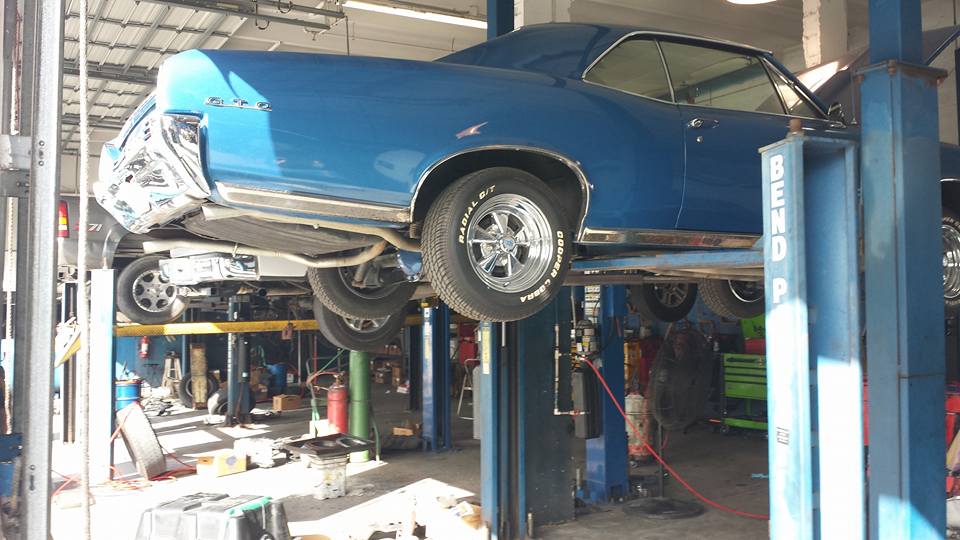
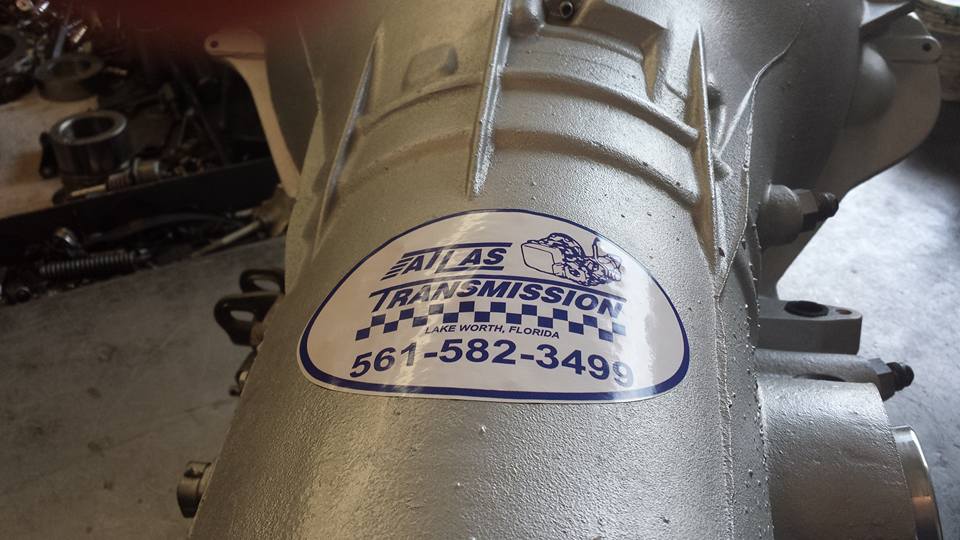
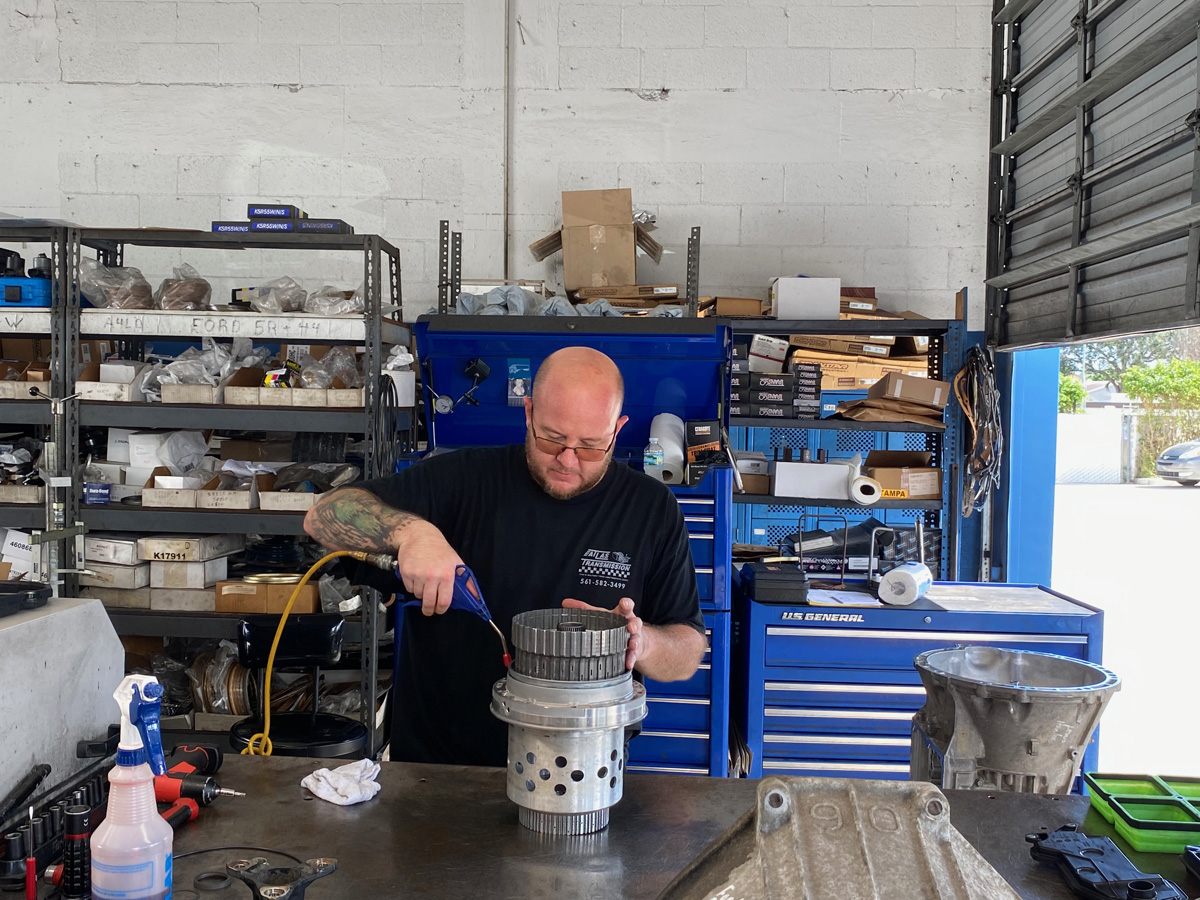
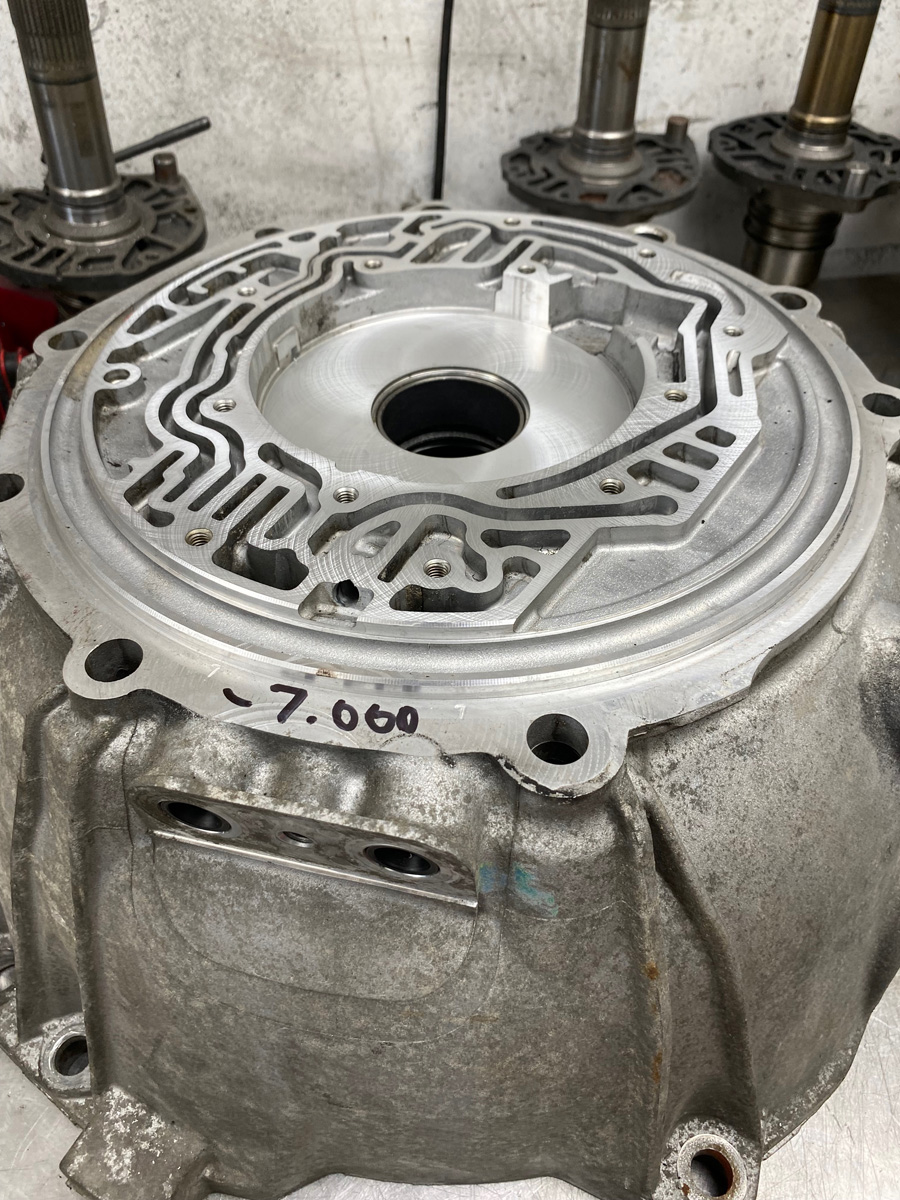
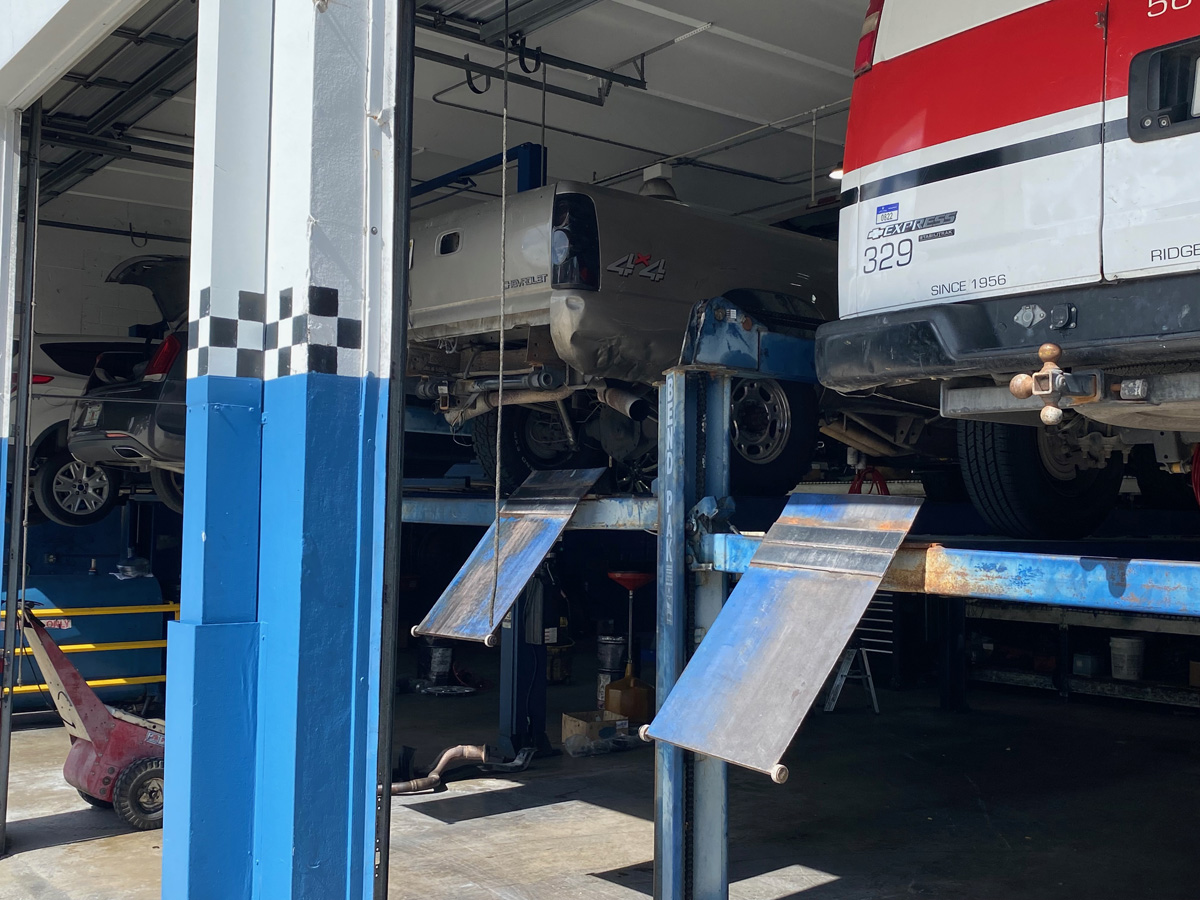
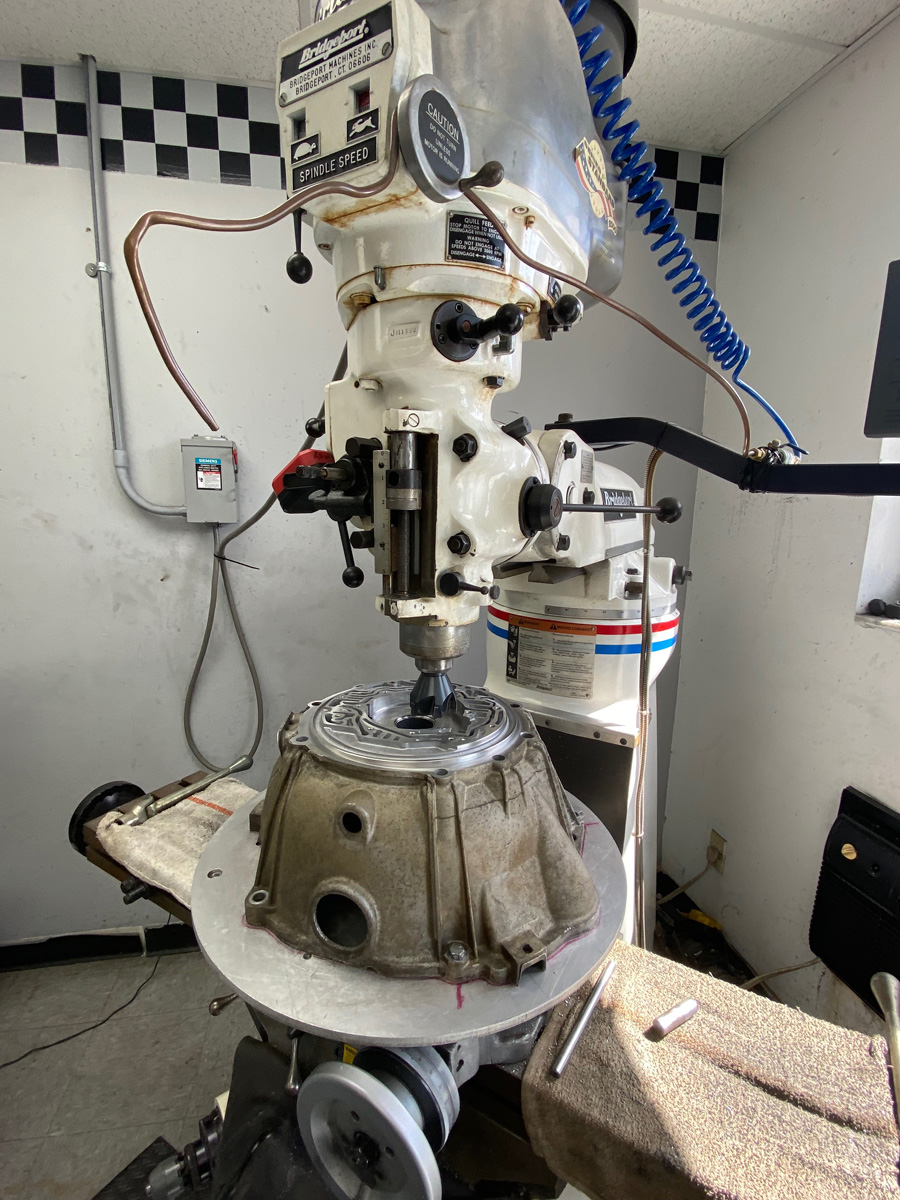
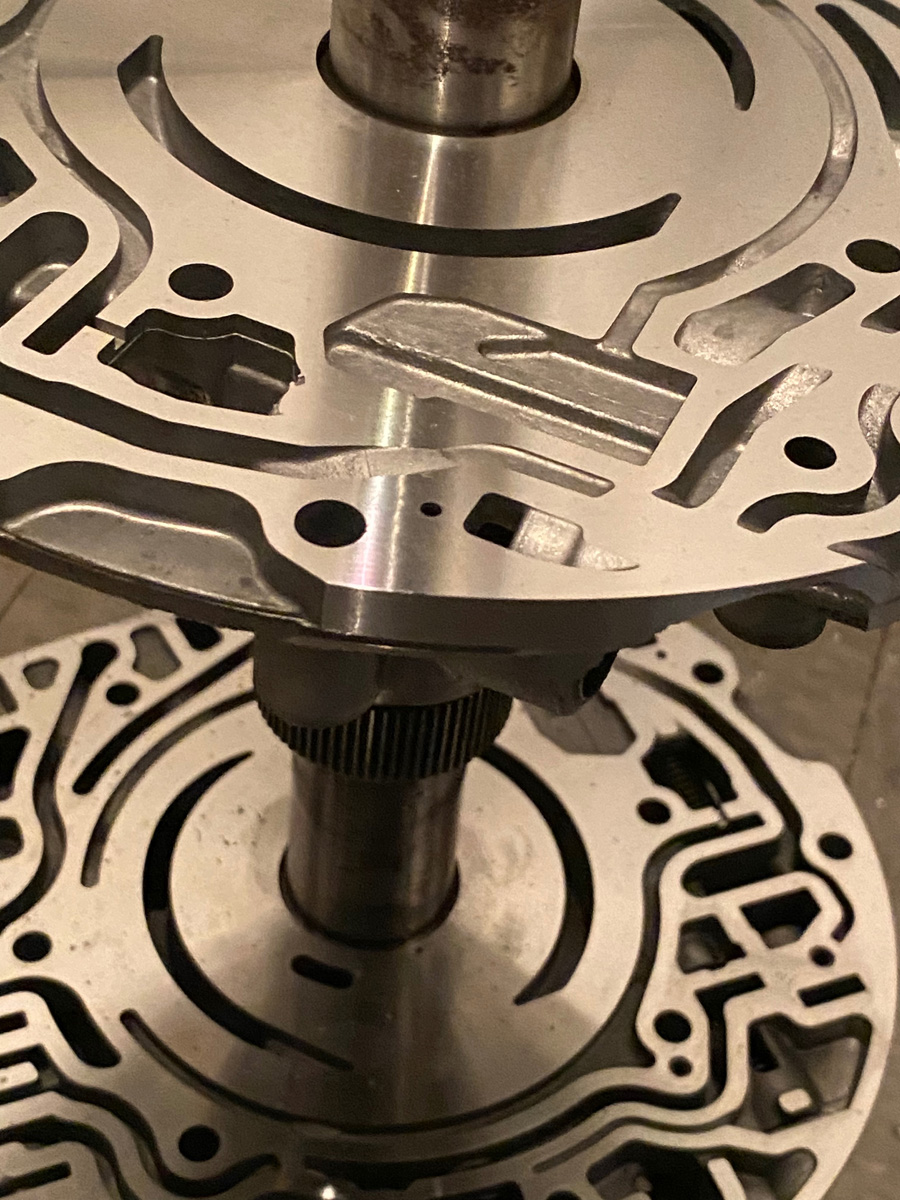
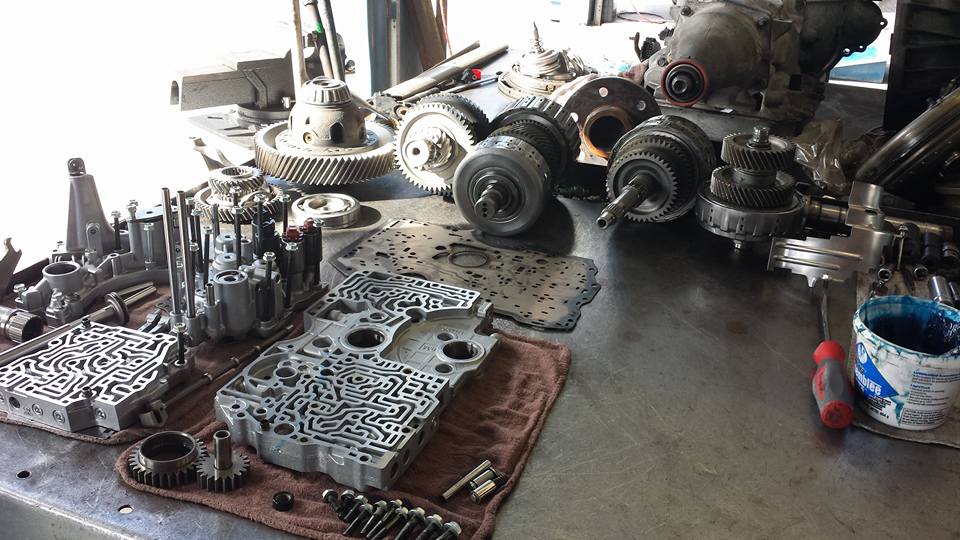
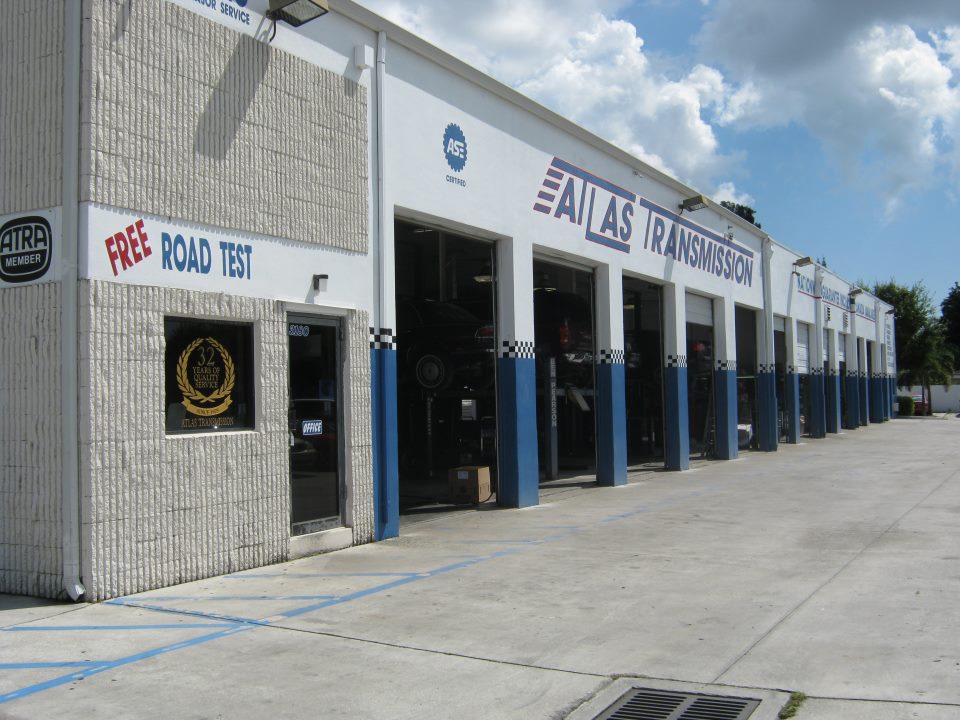
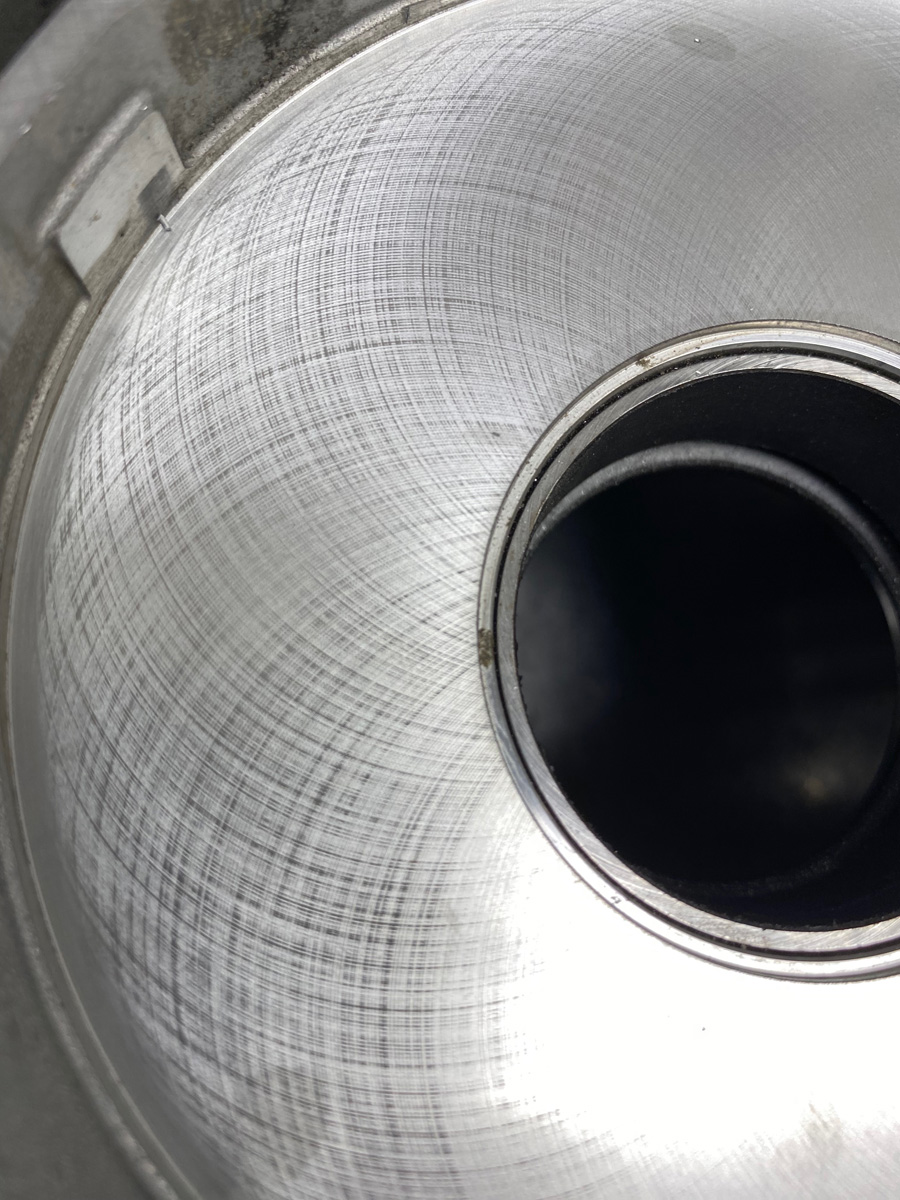
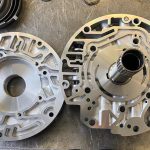


 Why Auto Transmission Services Matter
Why Auto Transmission Services Matter Choosing a Transmission Service Provider
Choosing a Transmission Service Provider